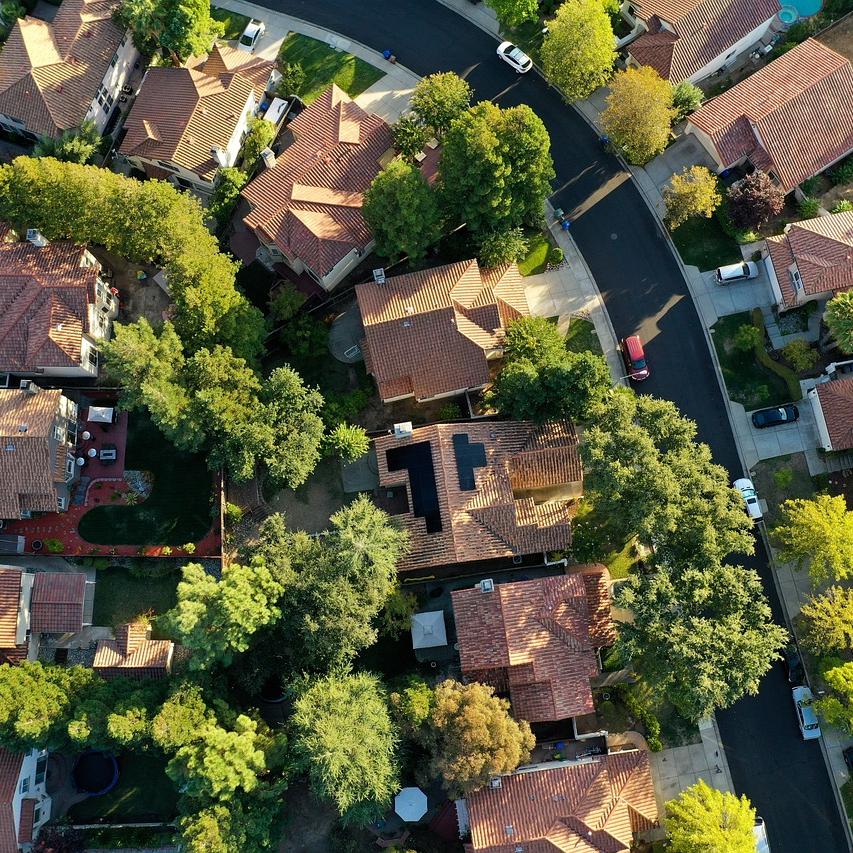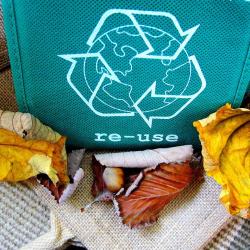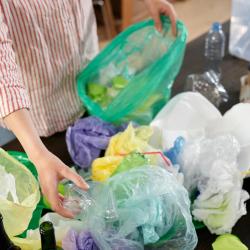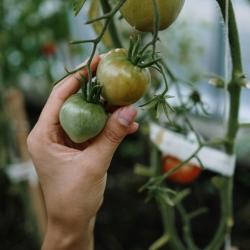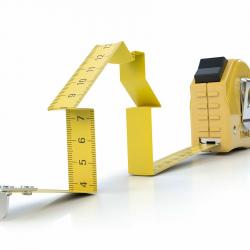How to Start Living Sustainably at Home: A Beginner's Guide
Sustainability has shifted from being a buzzword to a lifestyle choice for millions around the globe. The drive to protect our planet has inspired many individuals, families, and communities to make changes that not only benefit the environment but also enhance their quality of life. If you're interested in starting your journey towards sustainability, you’ll be pleased to know that small changes at home can lead to significant impacts.
Here's a beginner's guide on how to start living sustainably at home:
1. Understand What Sustainability Means for You
Before making changes, it’s important to understand what sustainability means to you personally. Is it reducing waste? Lowering energy consumption? Eating healthier, locally-sourced food? Clarifying your motivations can help guide your efforts and ensure they align with your values.
2. Perform an Energy Audit
Begin by evaluating your household's energy consumption. Are there lights left on when not in use? High-energy appliances used frequently? Identifying areas of waste can help you prioritize changes. Consider switching to LED light bulbs and unplugging appliances when they’re not in use to conserve energy. You might also look into energy-efficient appliances and smart home systems to optimize your energy use.
3. Reduce, Reuse, Recycle
The three R’s are fundamental to waste reduction. Start by reducing what you don't need, from packaging to items you no longer use. Reuse where possible: repurpose glass jars, upcycle old clothing, and seek second-hand items. Finally, recycle responsibly. Learn your local recycling guidelines and ensure you're sorting waste correctly.
4. Adopt Water-Saving Habits
Changing your water habits can also contribute significantly to a sustainable lifestyle. Simple practices like fixing leaky faucets, taking shorter showers, and using water-efficient fixtures can drastically cut down on water waste. Consider collecting rainwater for gardening use or using greywater systems for irrigation.
5. Embrace Sustainable Food Practices
Sustainable eating involves making food choices that are healthy for the planet. Start by reducing meat consumption and increasing plant-based foods in your diet. Buy local produce when possible to cut down on the environmental costs of food transport. Additionally, consider growing your own vegetables or herbs at home.
6. Make Cleaning Green
Switch to eco-friendly cleaning products or make your own with simple ingredients like vinegar, baking soda, and lemon juice. These options are often less harmful to the environment and can be a safer alternative for your home, especially if you have young children or pets.
7. Invest in Reusable Products
Transitioning to reusable items can significantly reduce waste. This could include water bottles, shopping bags, coffee cups, and even cleaning towels. Even products like beeswax wraps for food storage can replace single-use options like plastic wrap.
8. Support Sustainable Brands
Whenever purchasing new household items, consider the brand's sustainability practices. Many companies now emphasize eco-friendly production methods, ethical labor practices, and reduced carbon footprints. Your purchasing choices can support these efforts, encouraging more brands to adopt sustainable practices.
9. Incorporate Renewable Energy
If possible, invest in renewable energy sources like solar panels. While the initial costs can be significant, the long-term savings and environmental benefits often outweigh them. Alternatively, consider supporting green energy programs through your local utility provider.
10. Educate and Involve the Entire Household
Sustainability is a team effort. Engage all household members by discussing goals and progress, sharing tasks, and educating one another on new practices. With everyone on board, changes become easier and more effective.
Conclusion
Living sustainably at home is an evolving process that begins with conscious decisions and small changes. It’s about progress, not perfection. By starting with these beginner steps, you’ll not only contribute to a healthier planet but potentially discover a more rewarding, mindful lifestyle. Your journey towards sustainability has just begun — and every effort makes a difference.
